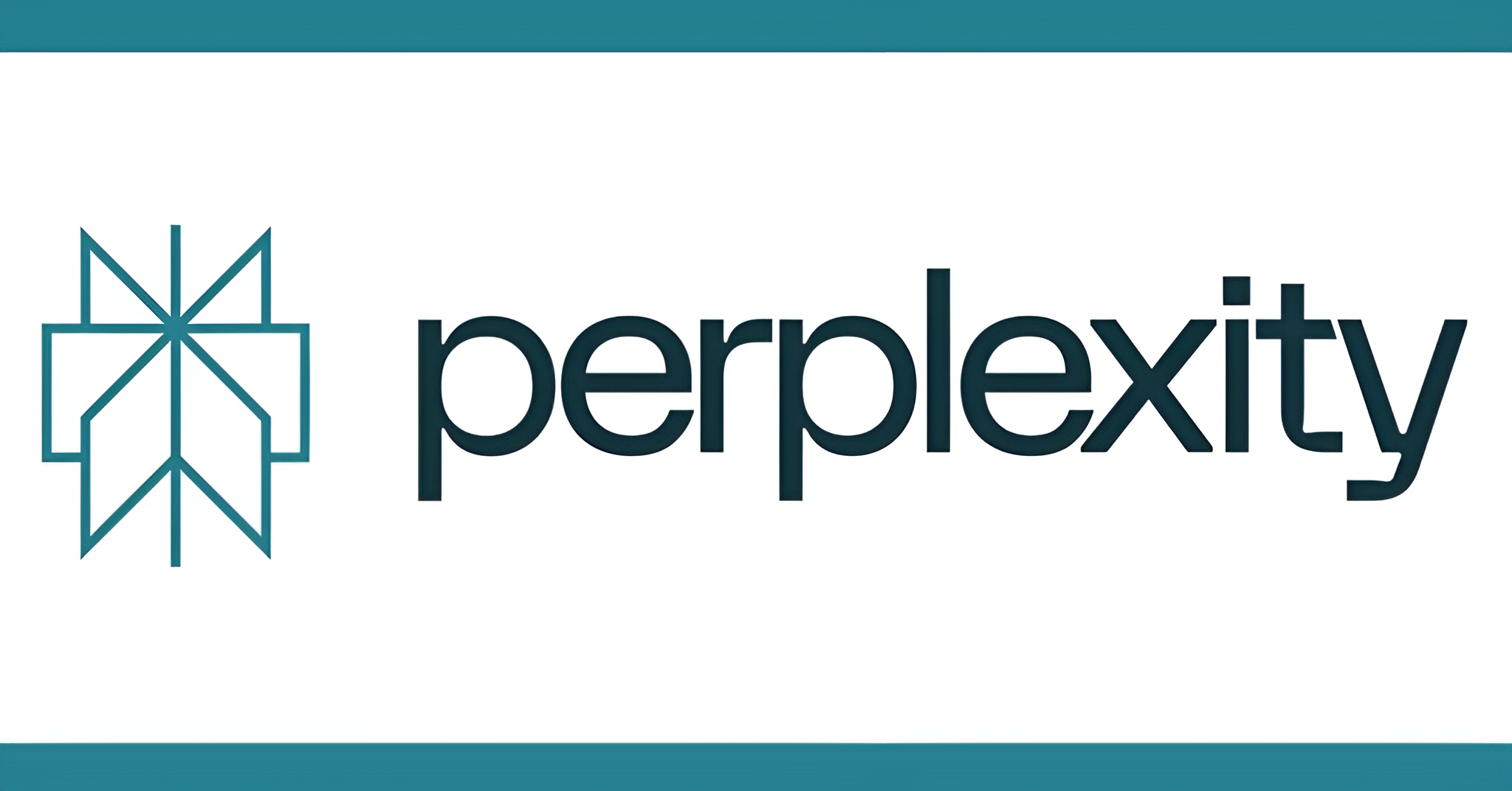Saudi Arabia is accelerating its ambitions in AI with the launch of Humain, a homegrown AI company backed by the kingdom’s $1 trillion sovereign wealth fund. The company, financed by the Public Investment Fund, aims to offer a wide range of AI services and tools, including an Arabic large language model capable of understanding diverse dialects and observing Islamic values.
The company has secured major deals to expand its operations, including a $3 billion data centre project with Blackstone’s AirTrunk, a partnership with US chipmaker Qualcomm, and a significant stake acquisition by state-owned Saudi Aramco. The agreements aim to boost AI integration across the kingdom’s key sectors.
Challenges remain, from talent shortages to access to advanced technology, while regional competition is strong. Yet Humain’s leadership remains confident, aiming to position Saudi Arabia as a major player in the global AI landscape.
Would you like to learn more about AI, tech and digital diplomacy? If so, ask our Diplo chatbot!










